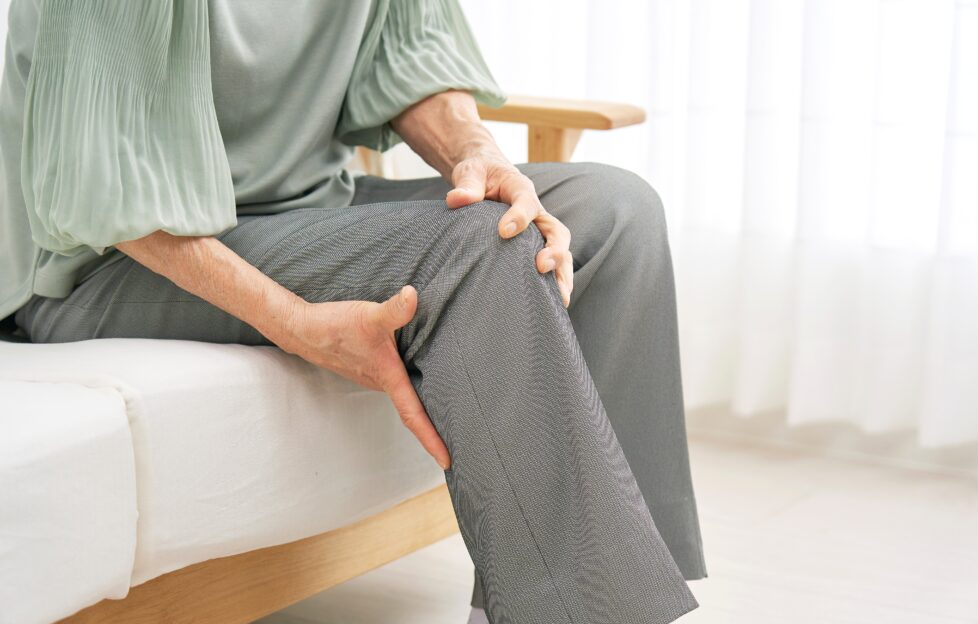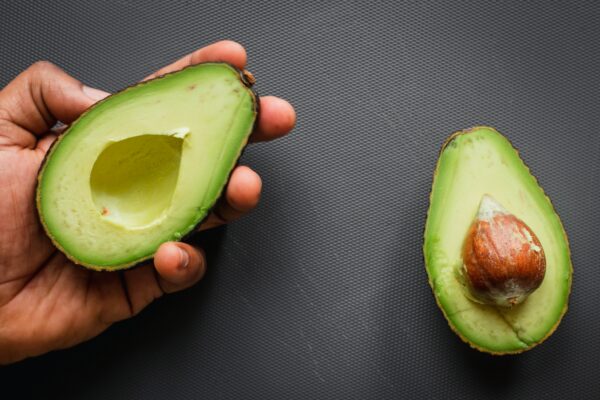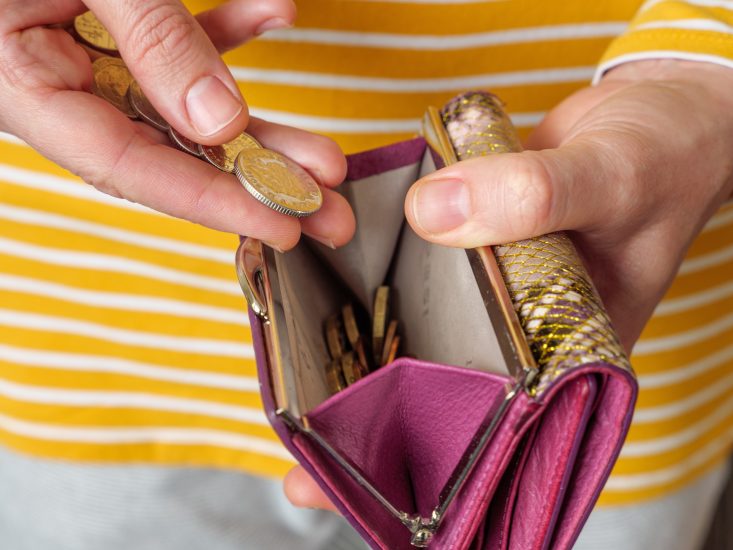How Your Diet Can Cause Aches And Pains

If you find yourself with aches and pains, there may be solutions in the food you eat. In-house expert at HSL, Julie Jennings, is exploring whether or not our diets could be causing unwanted aches and pains, and what we can do about it.
You might be surprised that some foods could be to blame for some aches and pains.
Julie commented: “Inflammation is part of the body’s natural protective process and while some foods can help aid inflammation in the joints and muscles, some can have the opposite effect.
“Eating too much or eating the wrong things can quickly fire up your inflammatory responses and contribute to muscle, joint, and even nerve pain.”
1. You are what you eat
“The foods you eat will determine how well your body fights painful inflammation. So to keep aches and pains at bay, ensure that you eat high-quality foods that contain lots of vitamins, minerals, and antioxidants. Super foods such as blueberries, strawberries, kale, and spinach are great options for anyone looking to increase the antioxidants intake.”
2. Colourful diets are key

Provided by HSL.
“Ensuring that you incorporate foods into your diet that boast anti-inflammatory properties will assist in preventing the side effects of unwanted aches and pains. The great thing about maintaining a colourful diet is that these particular foods are not only ample in health benefits but are equally tasty! Examples of good foods to opt for include salmon, ginger, turmeric, and avocados.”
3. Limit late-night food
“Avoid eating heavy, rich foods two hours before bed as the digestive process will produce acids that prevent the body’s natural sleep cycles from kick-starting, which can leave you feeling tired and groggy. The lack of sleep can result in inflammation in the body, which in turn can cause muscle fatigue, particularly in the neck, arms, and legs. If you’re already suffering from aches and pains and you’re not getting adequate sleep, the body won’t have enough time to repair and recuperate, leaving you with more frequent twinges.”
4. Don’t overindulge
“Whether you’re looking to prevent future aches and pains or pre-existing ones, you should consider avoiding foods that cause inflammation. Such as white bread, fried foods, refined sugar, and fizzy drinks to steer clear of aches and pains.”
5. Alcohol in moderation
“Whilst you may think a ‘nightcap’ helps you to relax and fall asleep, alcohol actually interferes with the body’s natural cardiac rhythms and can cause inflammation in the joints. So a hangover the next day might not be the only thing you’re waking up to!”
6. Water is a winner
“When you are dehydrated, your body will not function as well as it should, so, it’s crucial to keep hydrated. As such, if you are experiencing aches and pains, it’s important to up your daily intake of water as staying hydrated can help reduce pain and protect your joints and muscles. Dehydration can drain fluid out of your tissues, which will contribute to bodily aches and pains.”
7. Prioritise protein
“Ensure your diet includes plenty of nuts, eggs, lean meats and fish, as these foods are high in protein and contain amino acids that are essential for our overall health. Protein is a great food source that will not only keep you fuller for longer but can help ease muscle soreness and help repair muscles, especially after exercise.”
Read more Health from the “Friend”.










